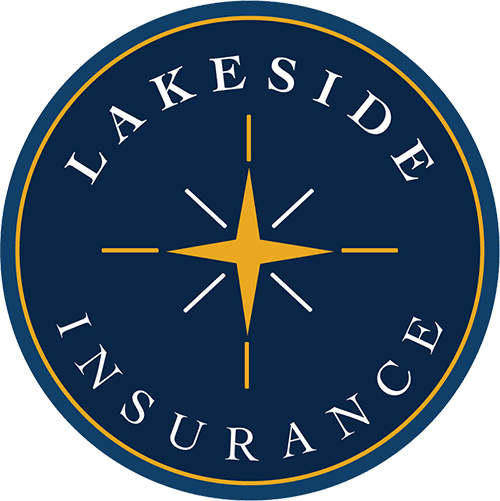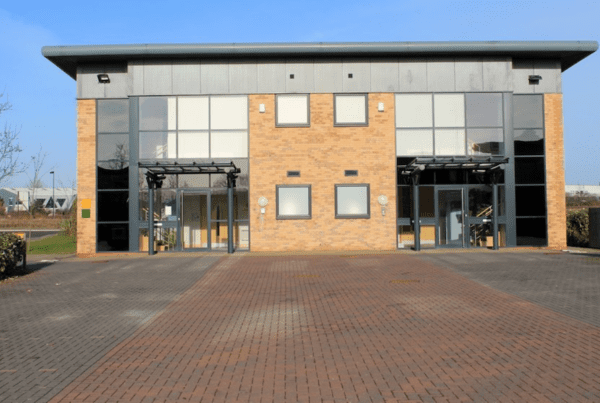
Professional liability insurance is a valuable protection against professional negligence claims. The general liability coverage included in your business owners policy (BOP) responds to things like bodily injury, defamation and property damage. Professional liability responds to more abstract concerns, like mistakes you or your employees make while doing business.
Let’s say you’re a textile manufacturer creating unique clothing fabrics. One of your clients is a tailor who also creates one-of-a-kind clothing designs. Their business kicks into high gear to meet the holiday demand. Your agreement stipulates a date for stock delivery, but one of your employees botches the date, and the textiles don’t arrive. Your client can’t deliver the clothing orders before the holidays. They lose customers and their holiday revenue stream. Your client sues you for lost revenue and breach of contract.
Any business can be faced with a misunderstanding, scheduling problem or mistyped delivery. You could even find your professional advice being called into question. Professional liability insurance will help when any of these situations lands you in a lawsuit.
What professions are affected?
Professional liability insurance is also called errors and omissions (E&O) insurance, depending on your industry. Some occupations have clear risk exposures, while others might not be so obvious. They include almost any profession, such as:
- Attorneys
- Doctors
- Therapists and counselors
- Architects and engineers
- Construction contractors
- Accountants and financial planners
- Real estate professionals
- Insurance professionals
- Publishers and advertisers
- Authors and writers
- Social media influencers
- Technology providers
- IT outsourcers
- Independent consultants
Reasons for professional liability claims
If you provide services to the public, clients expect you to have expertise and training in that particular area. If you fail to deliver services that meet industry expectations or your advice causes revenue loss, your clients might sue you.
For example, if you’re an architect, your clients expect you to be licensed and well-versed in the art and science of creating a building. But if you make an error in a blueprint, you can be held responsible for neglecting to meet professional standards and any damages that occur.
But what if the defect in your schematics isn’t discovered until years later? Depending on whether your policy is claims-made or occurrence-based, you could be without coverage.
Claims-made policies
A claims-made policy covers claims made against you and reported to your insurer during the policy period. You’re not covered if you have a claim after your policy terminates. For that, you’d need an extended reporting period (ERP, aka “tail”) added to your professional liability policy. Claims-made policies can be less expensive initially, but the price can increase over time as the potential for claims increases.
Occurrence-based policies
On the other hand, an occurrence-based policy covers claims that arise when your policy is active, no matter when the claim is reported. It could be years later, even after your policy has been terminated. Occurrence policies often cost more upfront, but they don’t require the added purchase of an ERP.
Ask your agent to help you identify long-term risk exposures and decide which type of policy best suits your business.
Contracts, liability insurance and policy limits
Contracts are the first line of defense against professional liability claims. But sometimes, a client will still decide to bring a lawsuit against you. In that case, professional liability insurance is your best option.
Professional liability insurance helps with things like:
- Attorney and court fees
- Settlement costs and damages
- Expert witnesses
- Administrative costs
- Public relations assistance
Professional liability pulls money from the same limit pool to defend a claim. That means your legal defense costs can quickly deplete your professional liability limits, leaving you with little or no coverage for a settlement. If your limits aren’t high enough, you might have to go out of pocket for a lengthy court case and an expensive settlement.
Talk to your insurance professional about setting policy limits. Also ask about risk strategies to seal any gaps.
Battling a professional liability claim
Your client must establish specific criteria to bring a professional liability claim against you. They must show:
- You didn’t uphold the quality of work outlined in your contract or as compared with “usual” practices in your industry.
- Your breach of duty in meeting those standards resulted in their financial loss.
They must also be able to prove their claim of financial loss.
A legal defense is expensive
If the case proceeds, you have to defend yourself against the claims, regardless of innocence. Your attorney will represent you over each of the claim points. However, it may cost tens of thousands in attorney fees, court costs, damages or settlements, not to mention lost productivity.
For small businesses, fees without protection can be devastating.
A messy lawsuit is more than money; it’s your reputation
A lawsuit can impact your reputation. Prospective customers might choose a competitor when they catch wind of your legal woes. Worse, existing and departing clients could decide they’re dissatisfied with your work and bring additional lawsuits against you. Even if you’re innocent, accusations can still damage your reputation. Some professional liability policies will help with the cost of hiring a public relations firm or brand management service.
Talk to your agent about reputation protection.
Tips to keep your premiums low
Maintaining a low risk profile can help you keep the cost of your professional liability insurance down. Here are a few strategies:
- Create standard operating procedures and train your employees on them. There’s less room for error if everyone’s on the same page about processes and why they matter.
- Documentation is critical. Keep records of contracts, client contacts and project changes. For example, if your client requests a change that delays the deliverable dates, send an email documenting that. You can use it in court later.
- Choose a higher policy deductible to lower your premium if you can afford it.
- Review your insurance policies every year. You might find coverage gaps, especially if you’ve changed your services and operations. Also, your agent might want to shop around for you if the market is favorable.
- Use strong contracts that clearly define the scope and limits of your work.
- Ask your agent about discounts. Some providers offer discounts if you belong to professional organizations or meet specific criteria.
- Implement a quality assurance program to identify potential issues before they become problems.
Call your agent
Professional liability insurance can help protect you and your business from a lawsuit. Some clients may even require you to have professional liability insurance before they work with you. This coverage shows your clients you’re a responsible business owner and genuinely care about their best interests.
Protect yourself and your business reputation. Get a quote for professional liability options in your industry.




